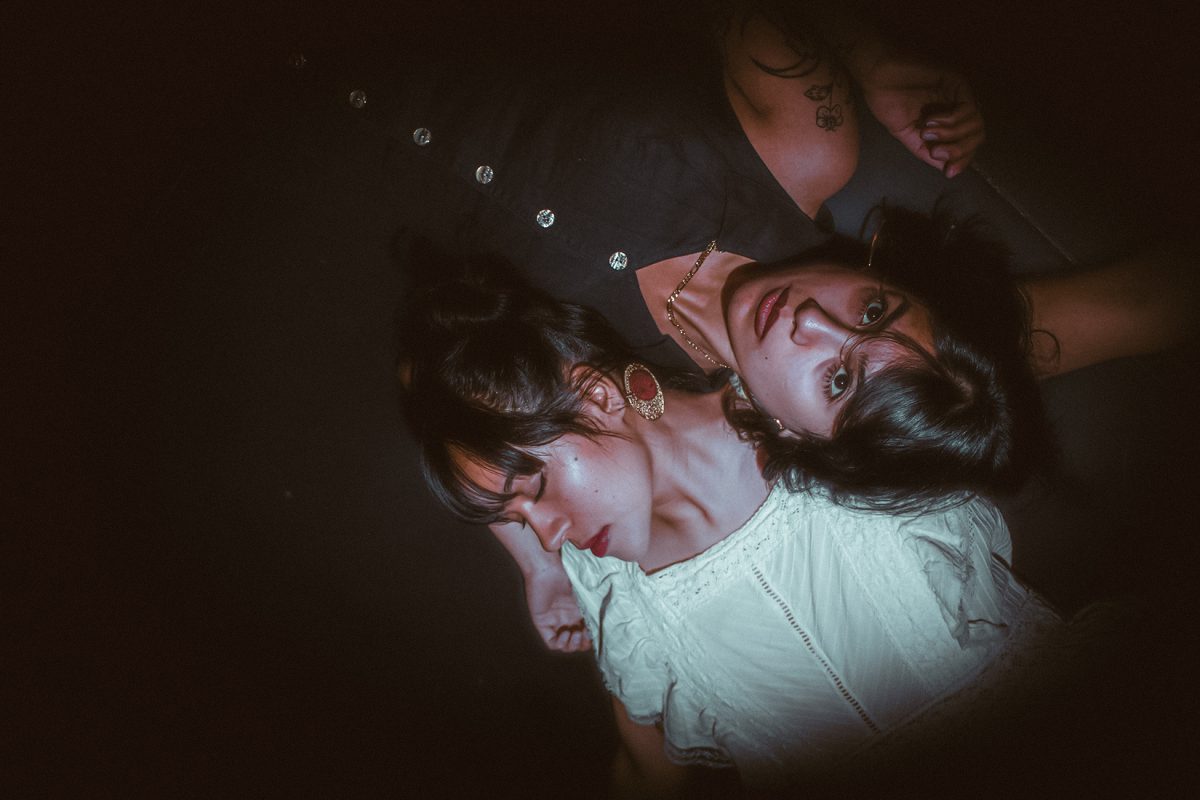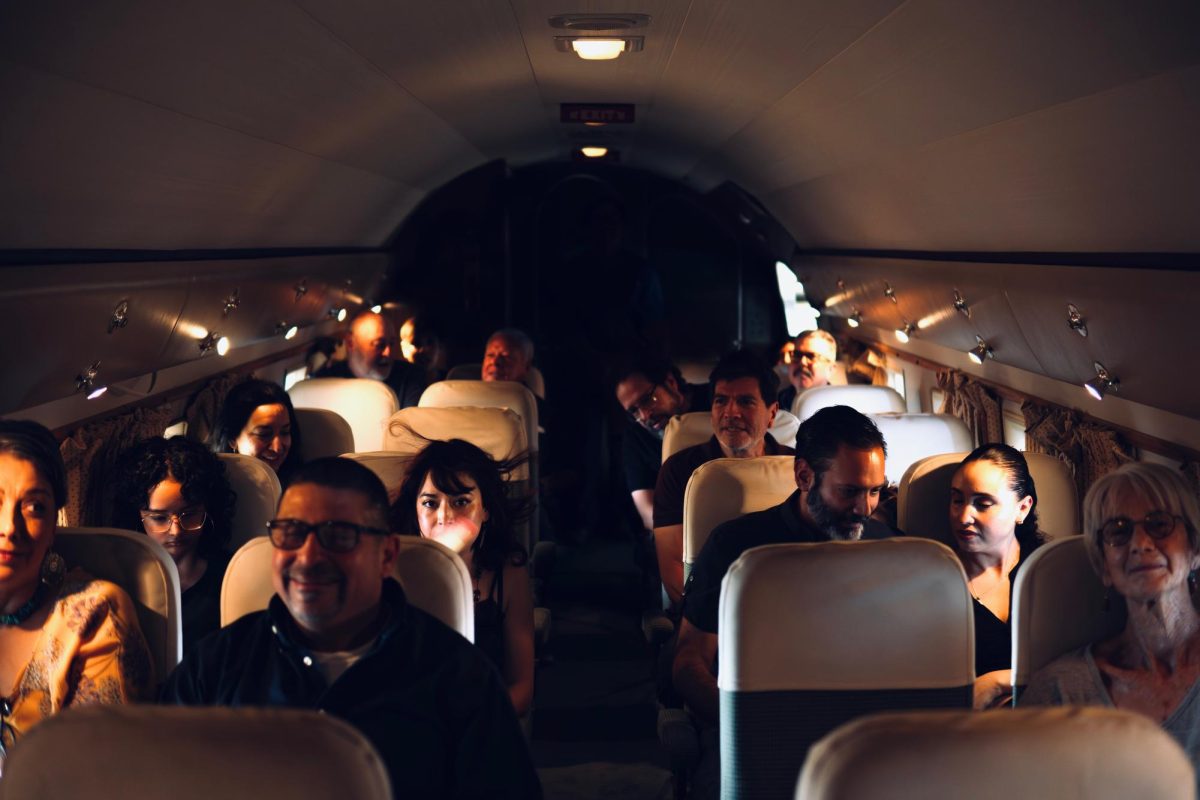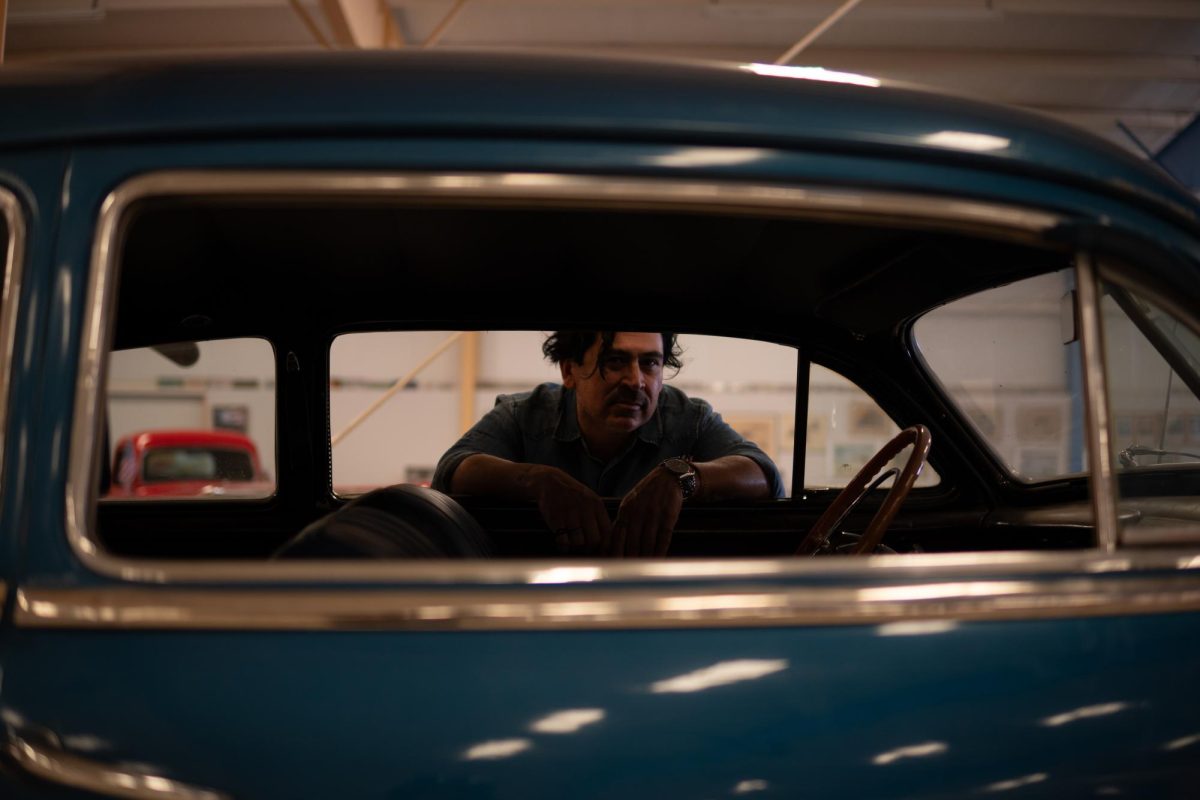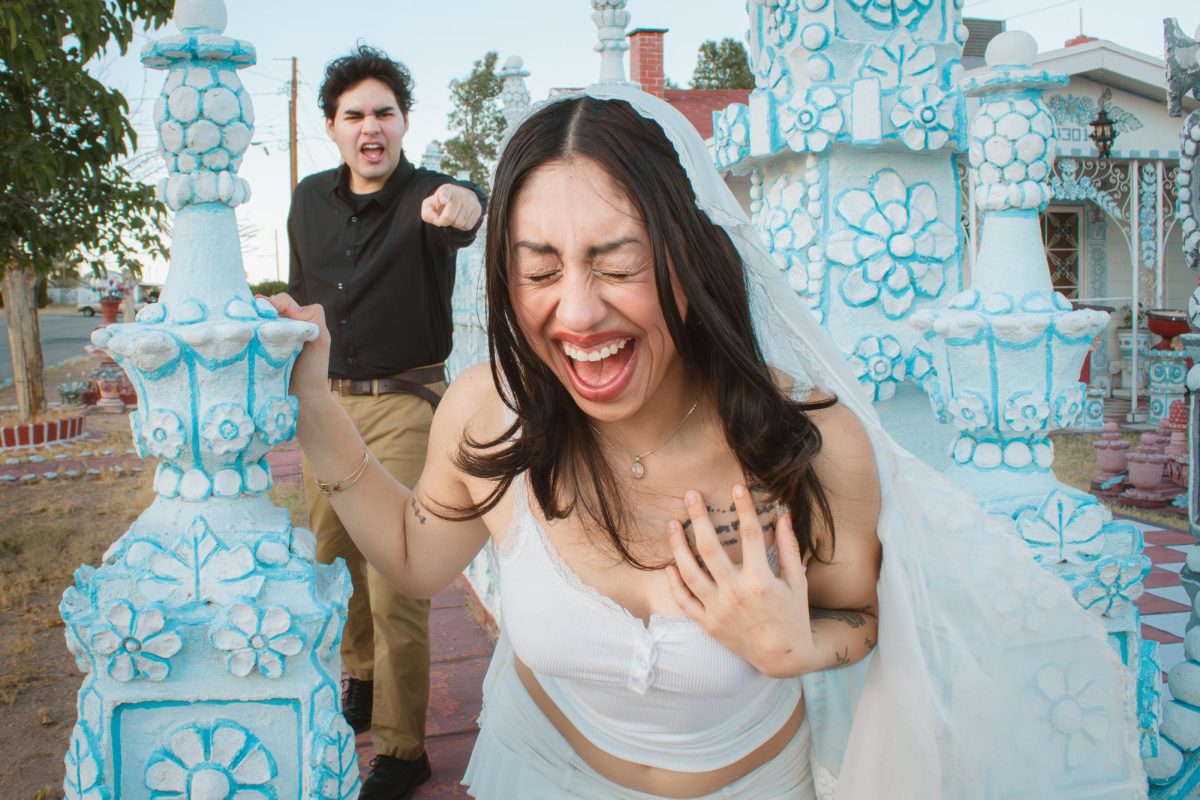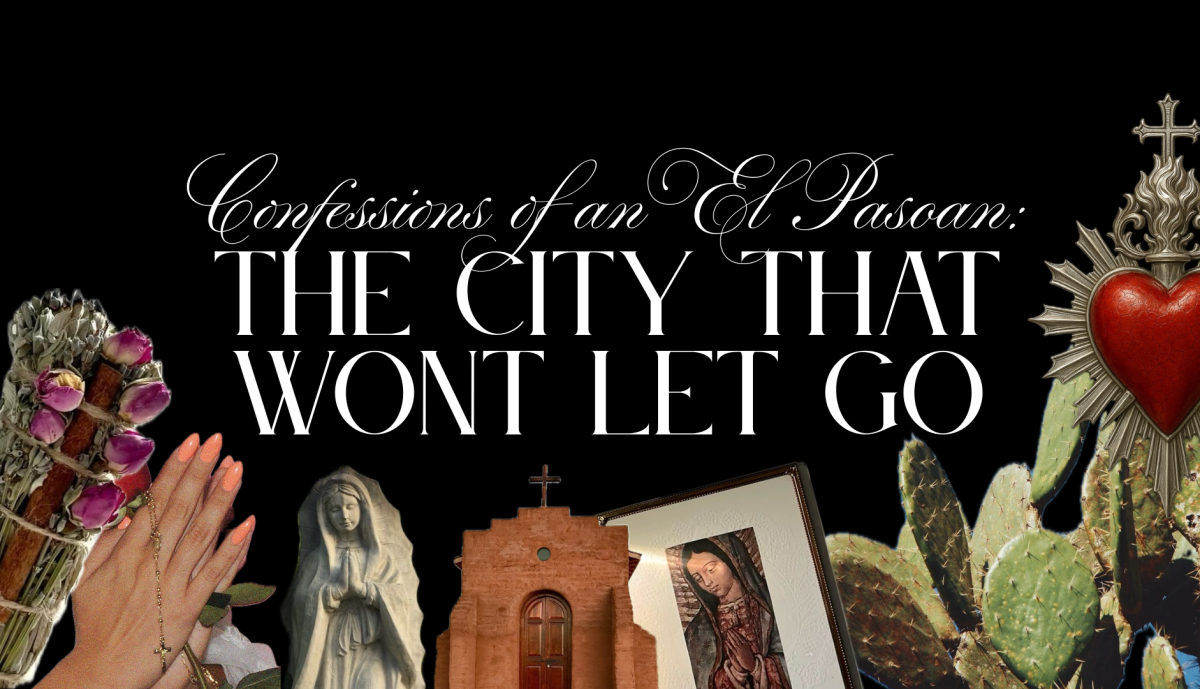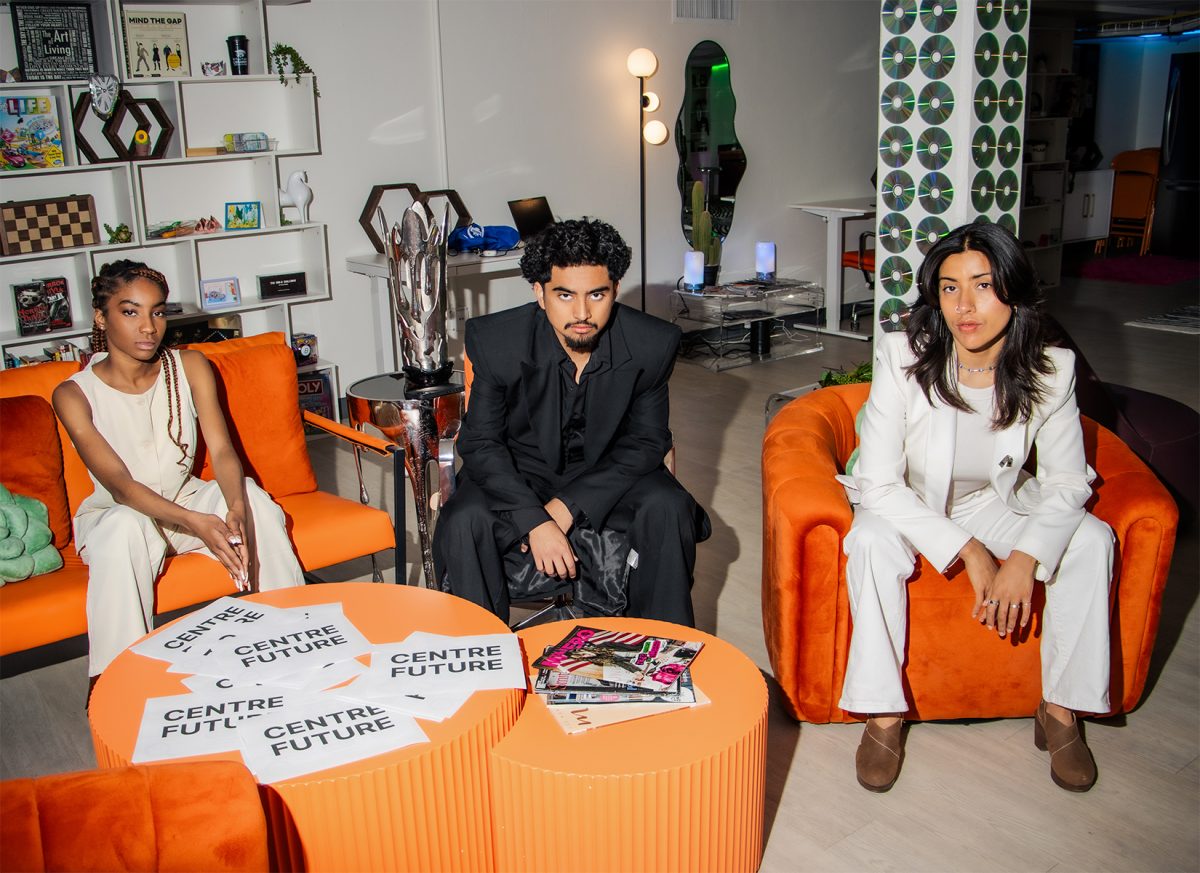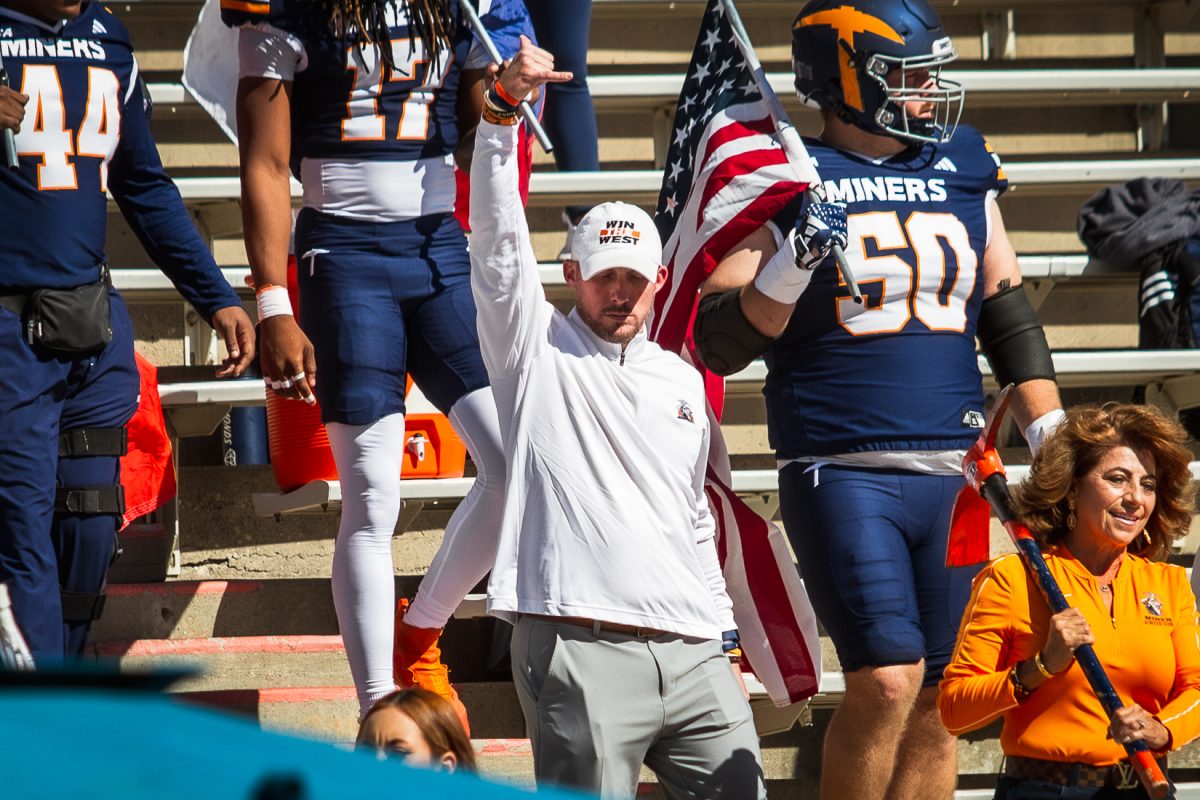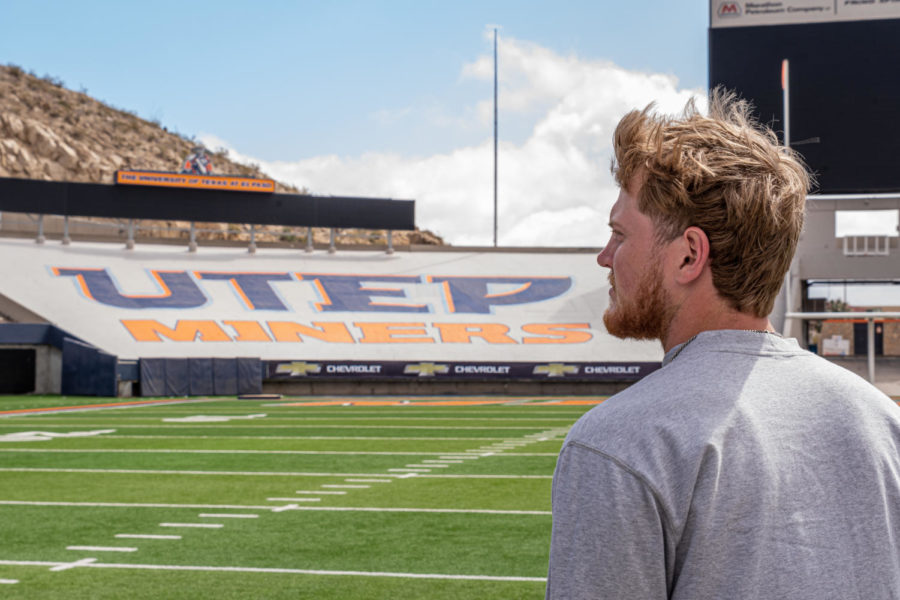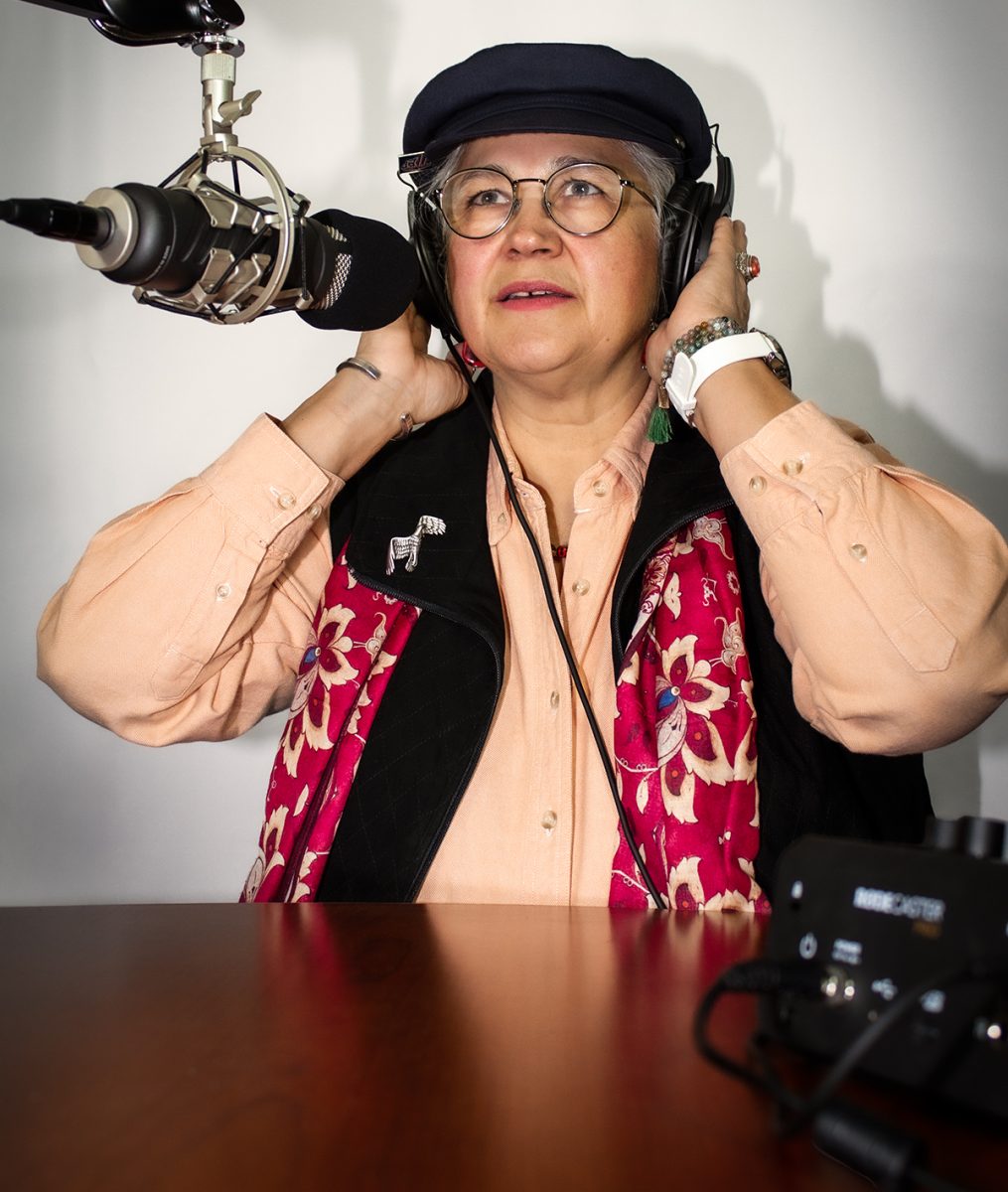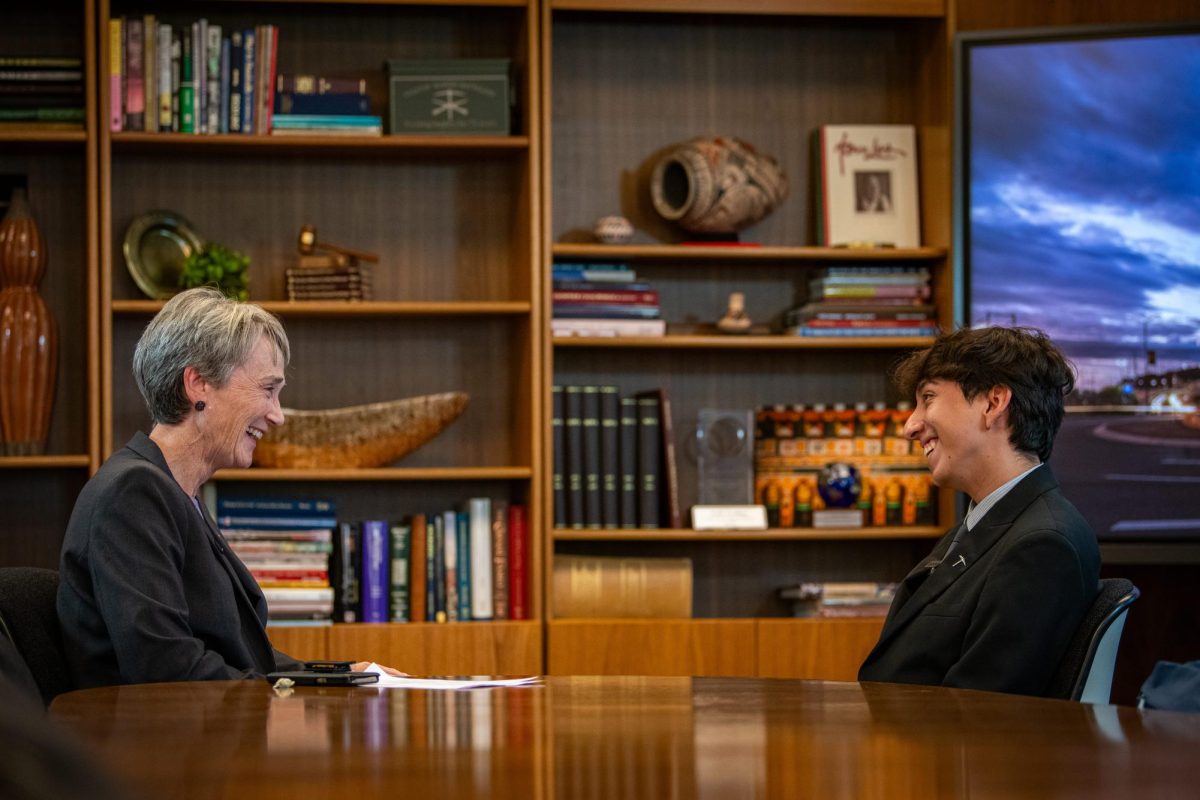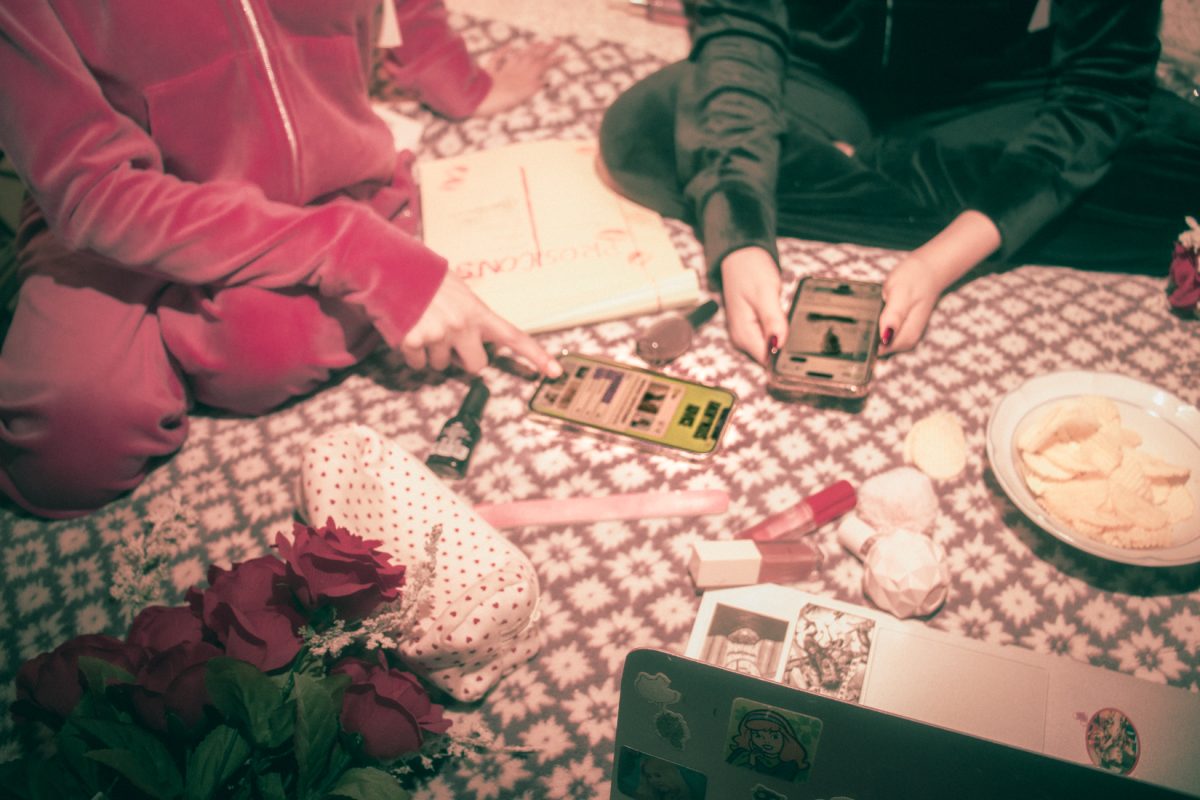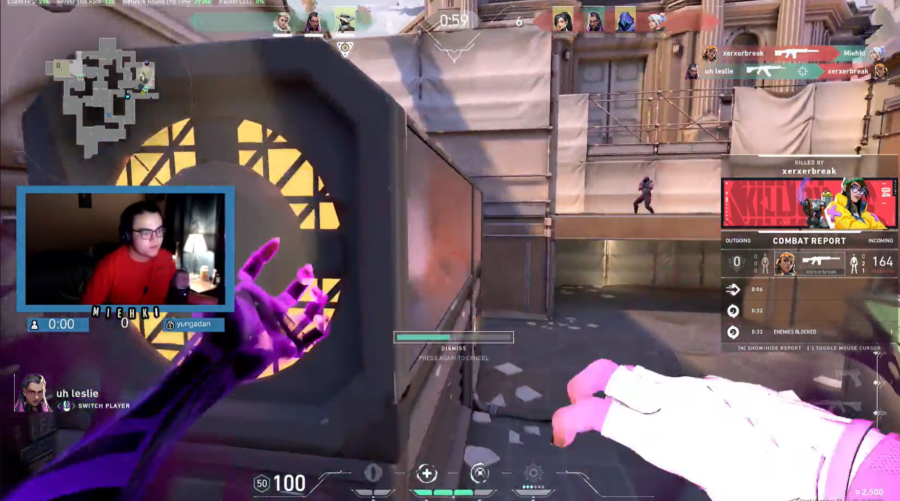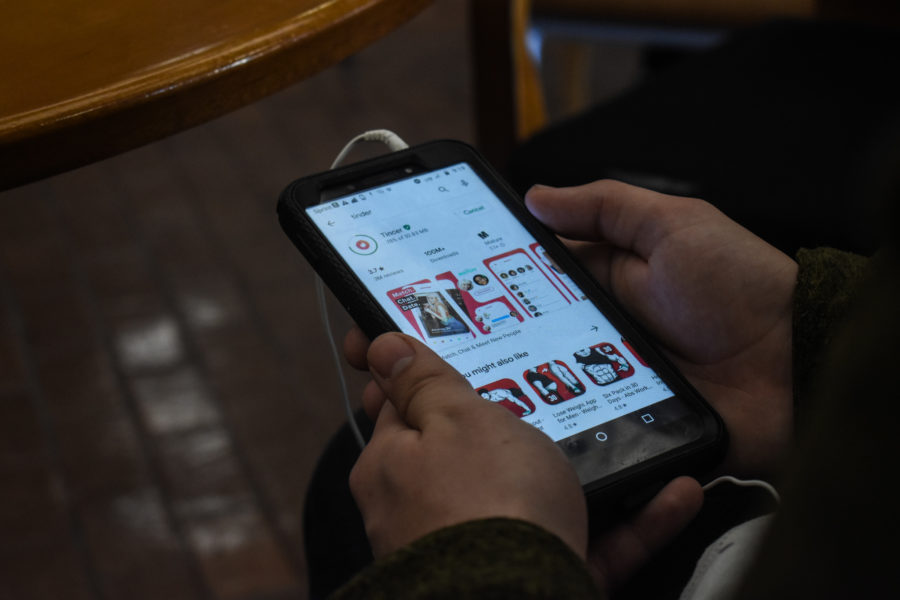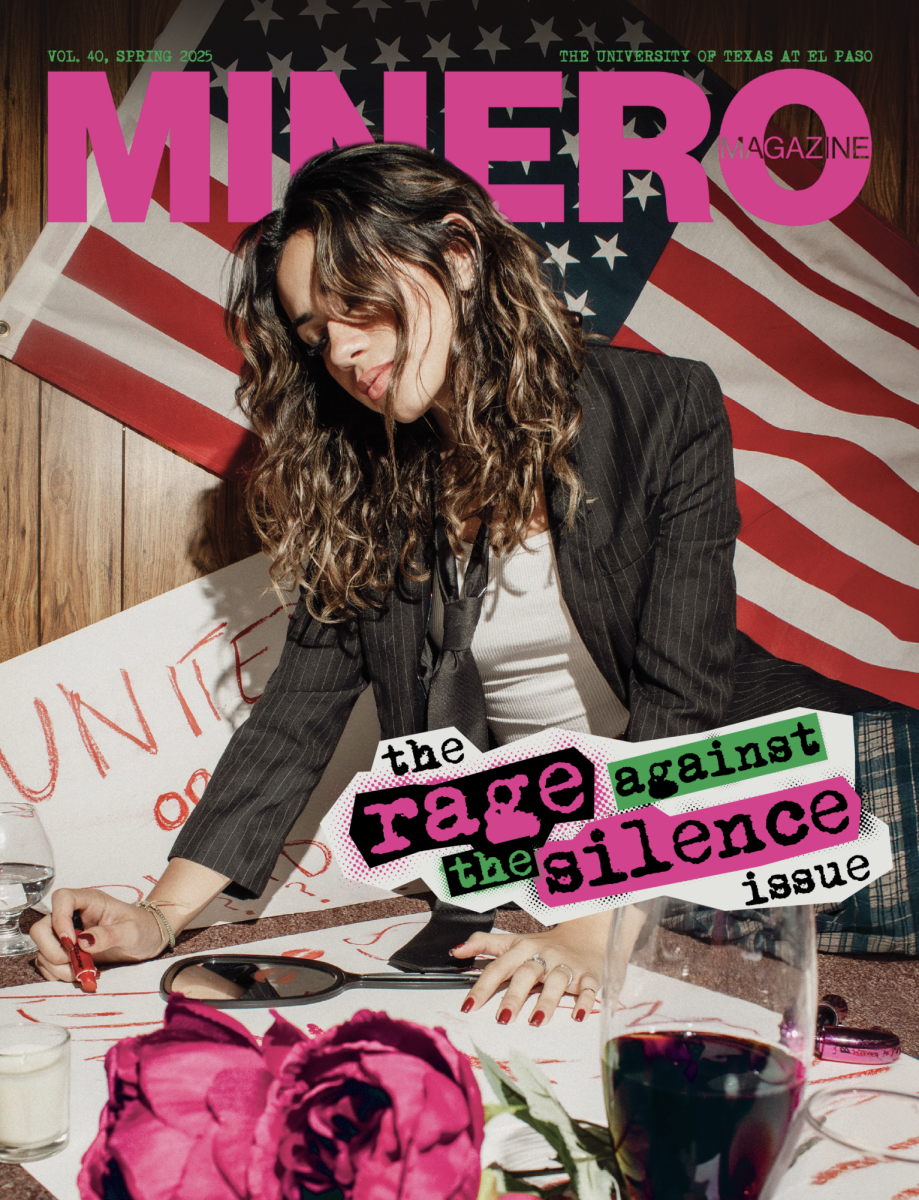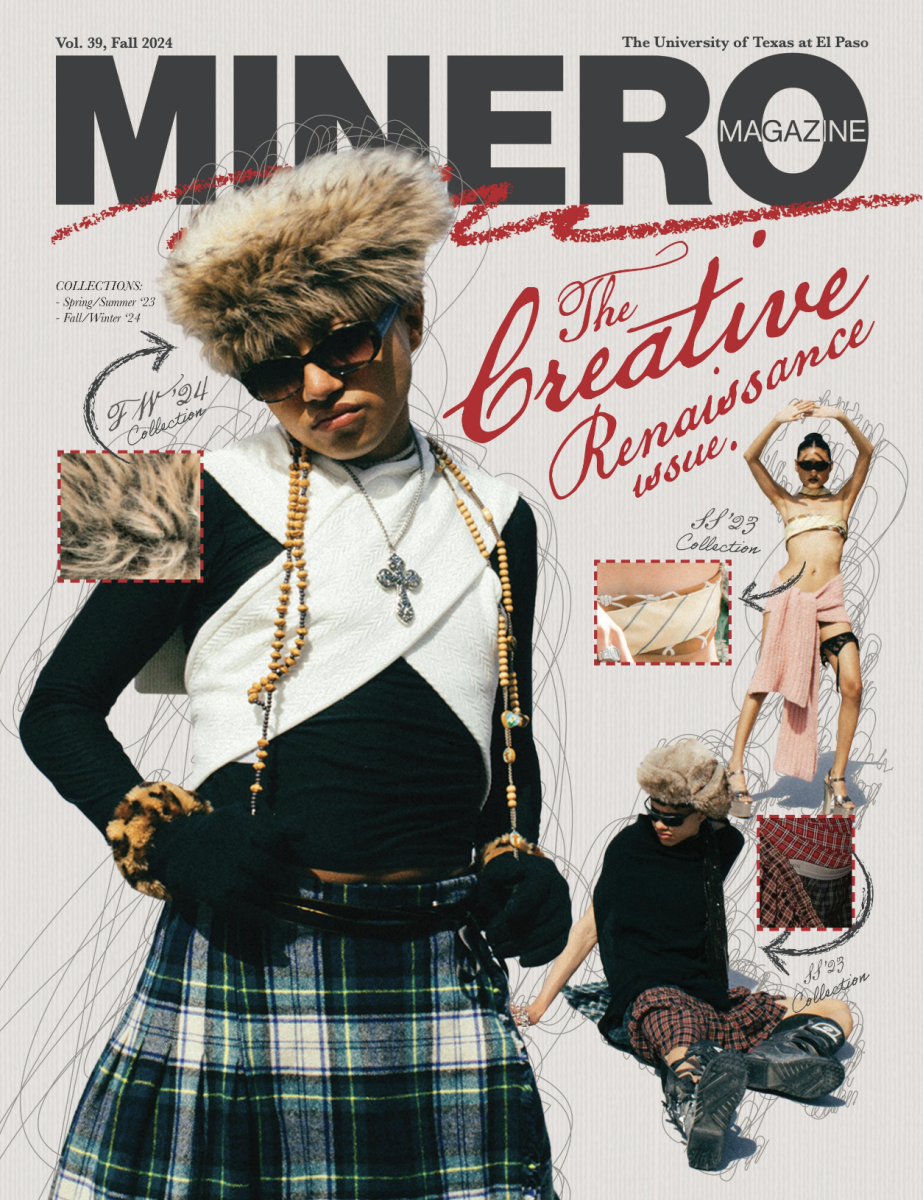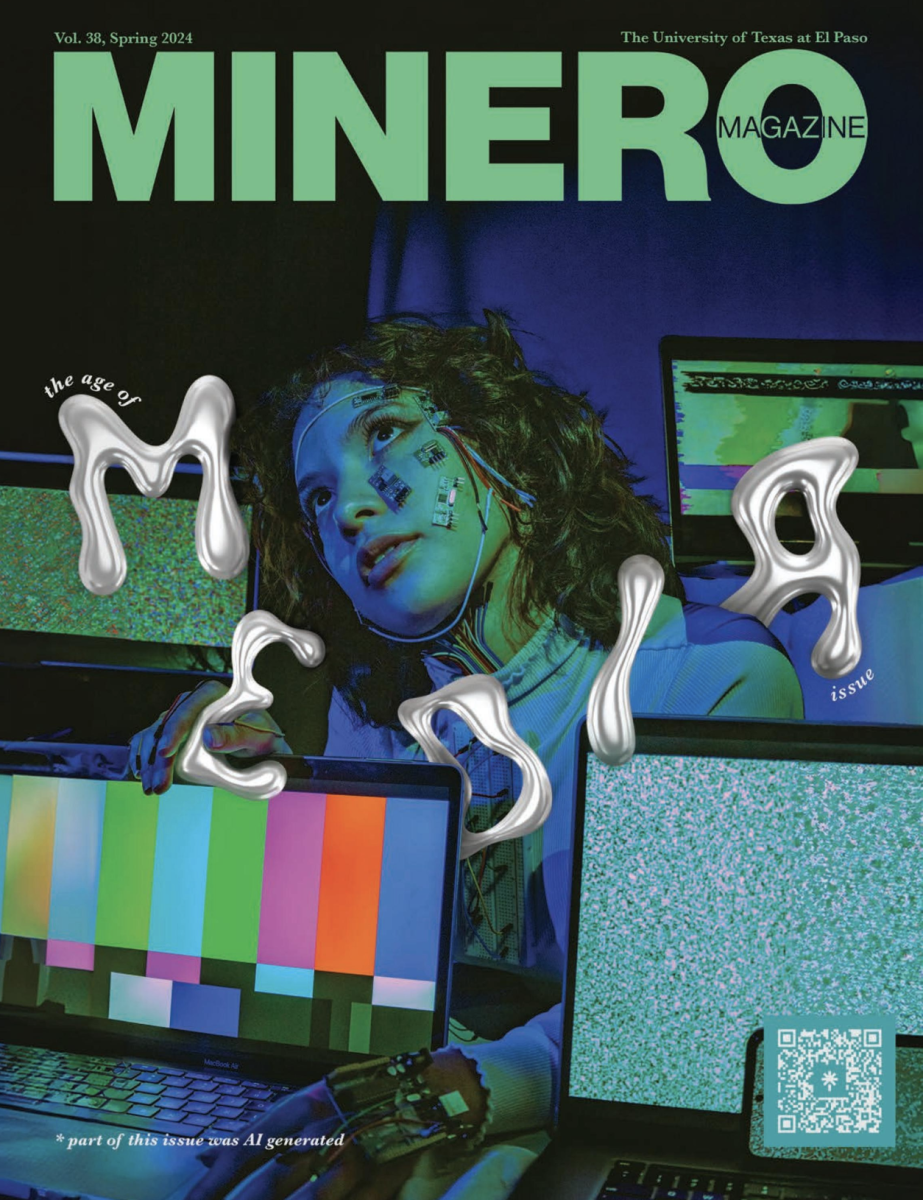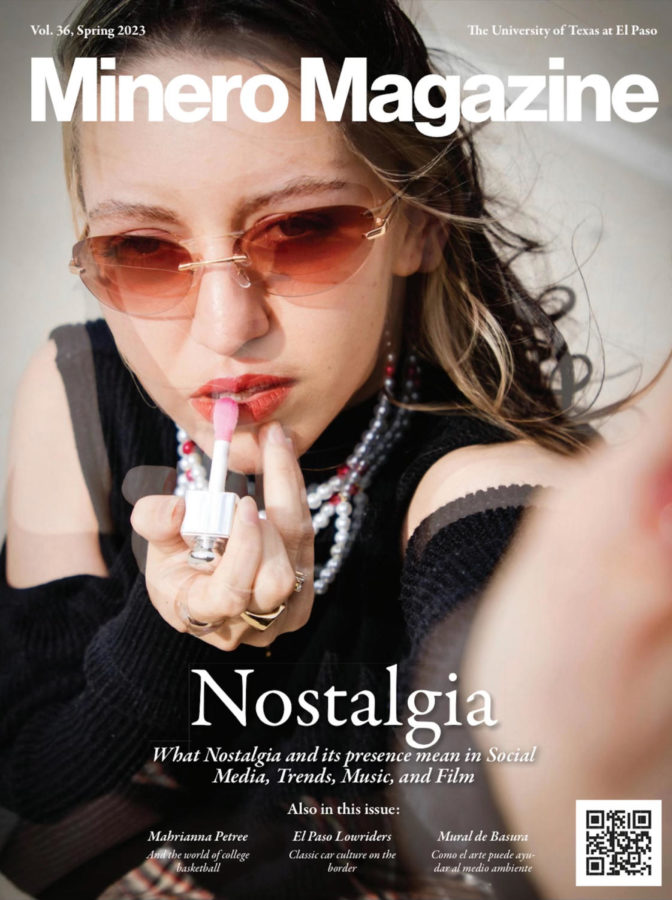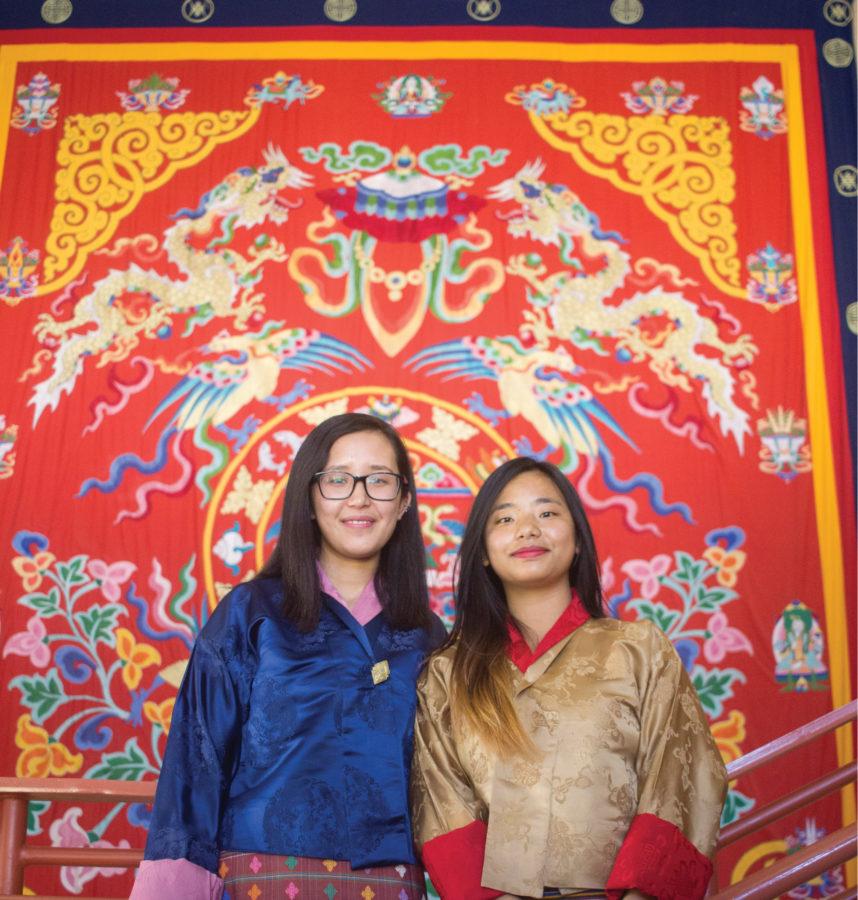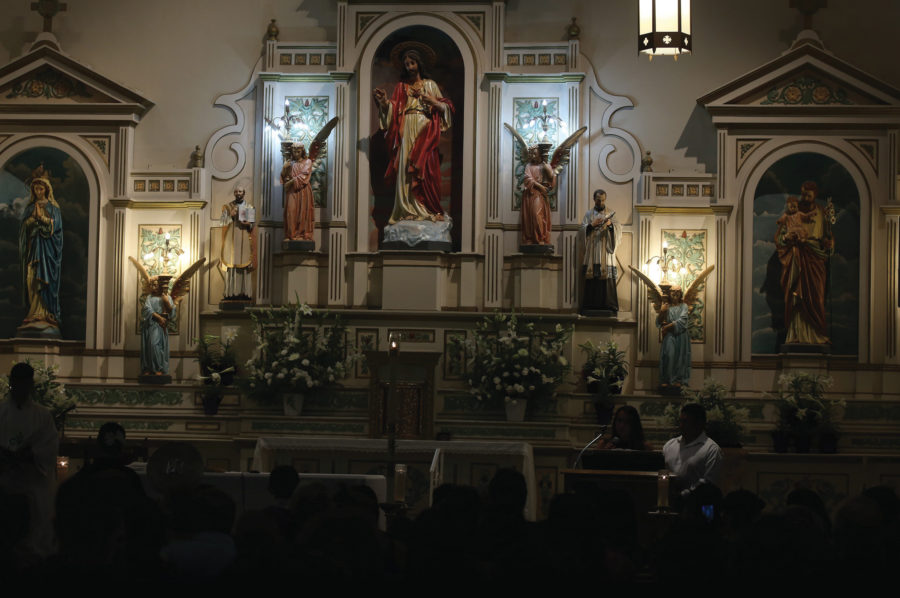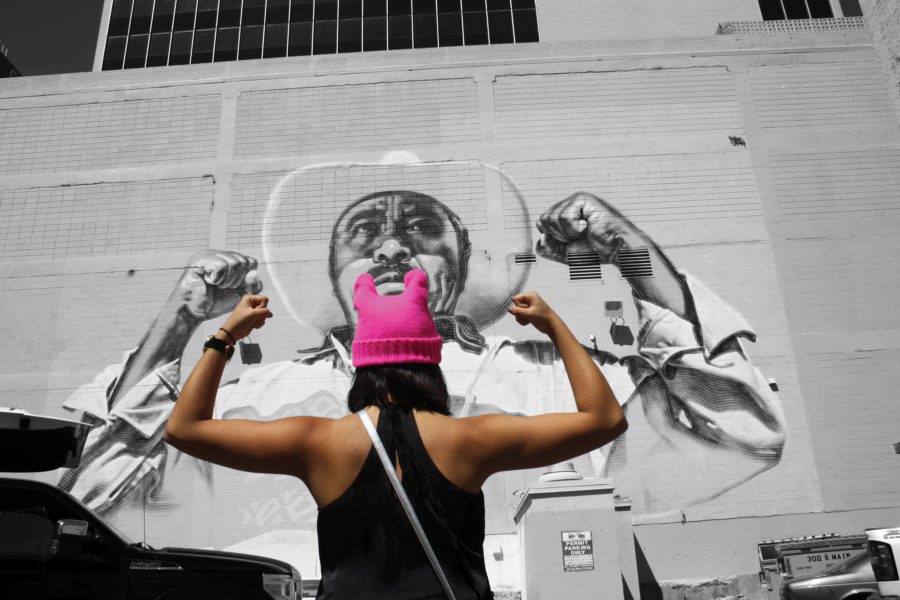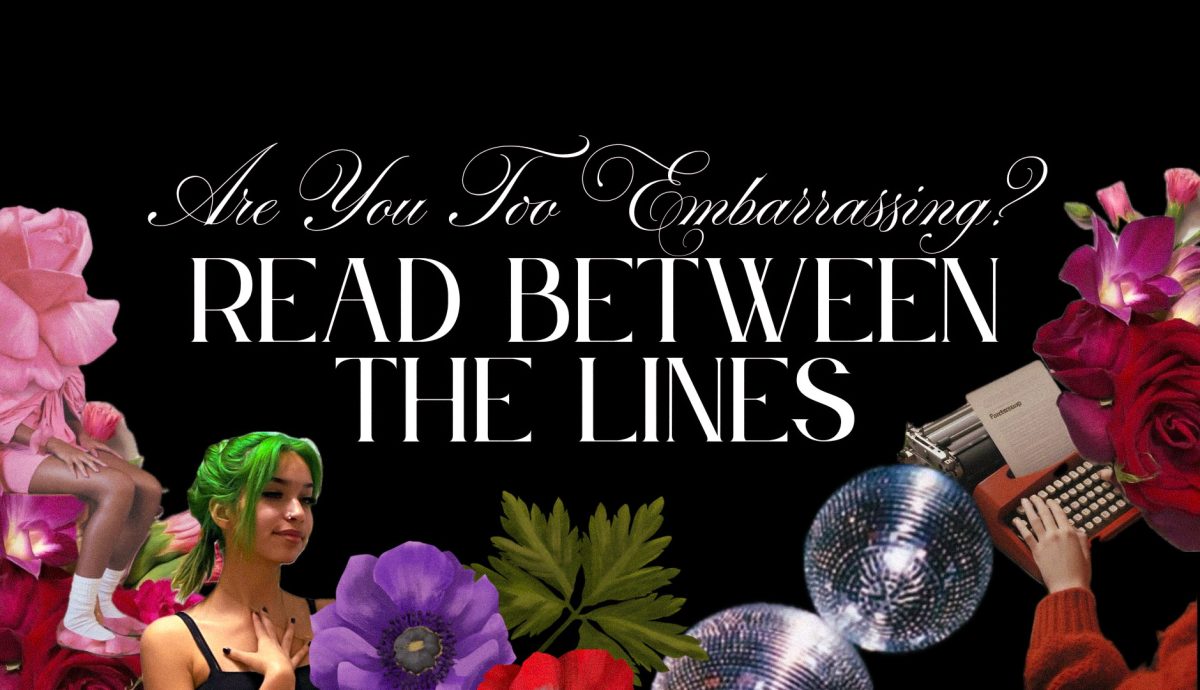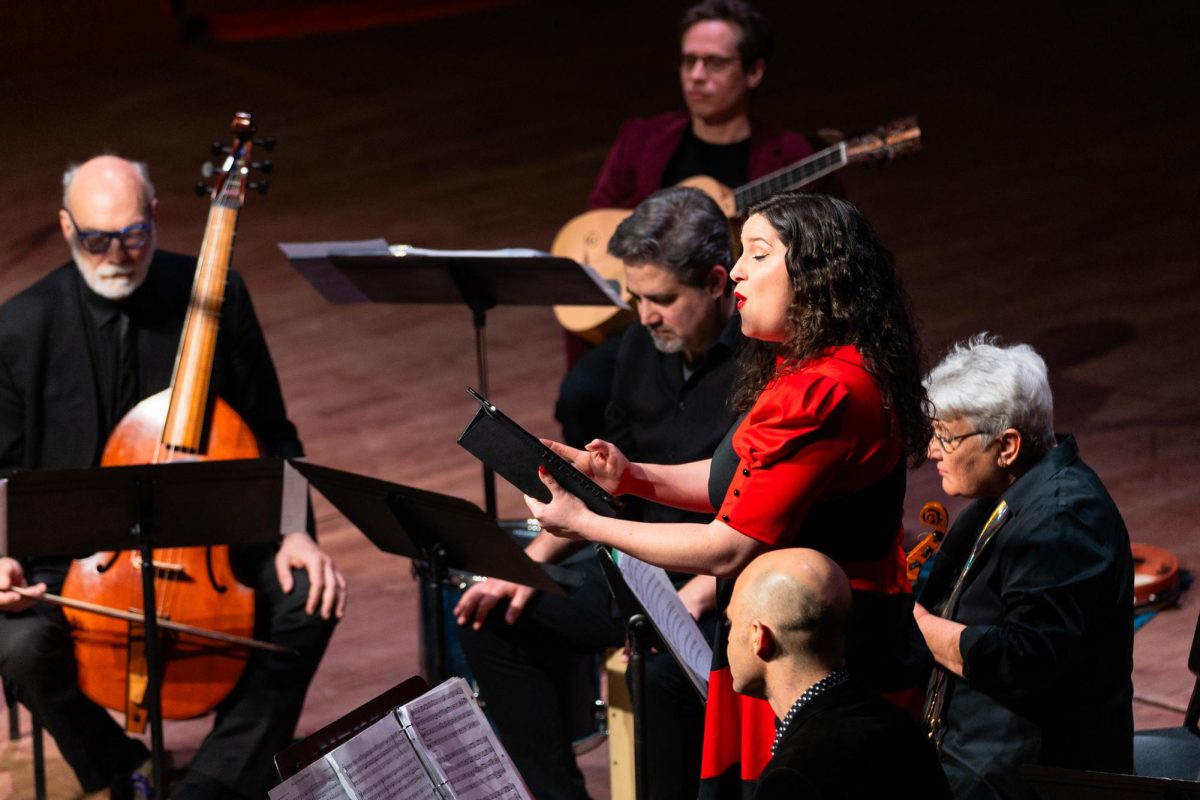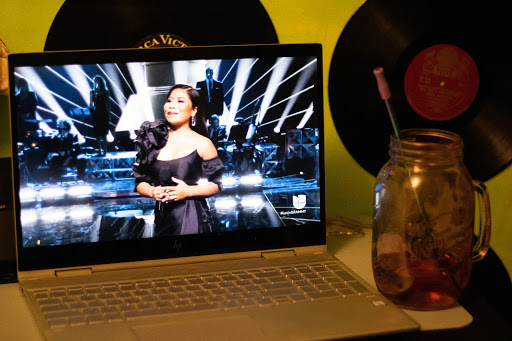Story by Rene Delgadillo
Photos by Andres Martinez
Students of the University of Texas at El Paso enter and exit the different buildings of their university without noticing the inspiration behind them or their connection to a small distant kingdom located more than 8,000 miles away from El Paso, Texas.
Since 1917, UTEP offers a unique environment inspired by Bhutanese architecture, which is attributed to Steven Worrell, the first dean of the school, and his wife Kathleen.
The Land of the Thunder Dragon, officially known as the Kingdom of Bhutan, was a mysterious land to the world up until the mid-20th century. This was mainly due to their government’s policies, which isolated them from the rest of the world. Bhutan has been able to conserve its cultural heritage and environmental spaces thanks to its isolation policies.
Today, the Kingdom of Bhutan continues a strict enforcement of its policies toward foreigners despite allowing tourism since 1974. Traveling to Bhutan costs an additional $250 per day per person. This amount covers land transportation, food, guide services as well as accommodations and has discouraged many from traveling to this “new land.”
Kathleen Worrell’s attention was caught after reading “Castles in the Air,” a 1914 National Geographic article about the temples in the Kingdom of Bhutan. Because of this, Kathleen persuaded her husband to construct new buildings at the school inspired by Bhutan’s architecture.
When the original campus, located on Fort Bliss, burned down in 1916, the school relocated to its current site in the western foothills of the Franklin Mountains. Worrell’s idea of Bhutan in the borderland became true. The first building with the Bhutanese architectural theme was Old Main, a building that has been used as a library, museum, administration building, assembly site, store and social center.
“I think that the Bhutanese architecture and artifacts across the campus make UTEP one of the most beautiful universities anywhere, an assessment validated by many international recognitions that our distinctive and coherent Bhutanese-style campus has earned,” says UTEP President Diana Natalicio.
Bhutanese students at UTEP
UTEP’s first Bhutanese student, Jigme Dorji, enrolled at UTEP in 1973 to study engineering, increasing the presence of Bhutan’s culture in the Sun City. As of the spring 2017 semester, 31 Bhutanese students are currently studying at UTEP. The students are part of the Bhutanese Student Association, whose goal is to make all students from Bhutan feel welcomed while preserving, promoting and enriching the unique Bhutanese culture at UTEP.
Some of the Bhutanese students at UTEP receive the Bhutanese Cultural Endowed Scholarship, distributed by UTEP, and the rest receive the Royal Government of Bhutan Scholarship. In some instances, students are able to receive both scholarships.
As a developing country, Bhutan currently has only one university, the Royal University of Bhutan. As a result, not enough resources are available for the government to educate all their youth. As a way of bringing back talent to Bhutan, senior students in high school are required to take an exam by the government. This exam allows them to study in a new country, with the condition of returning to Bhutan once they finish their college education. They must go back and work in Bhutan as part of the agreement signed by both parties.
Sonam Choki Lhamo, a junior physics major and president of the Bhutanese Student Association at UTEP, says growing up in Bhutan sometimes means students have to grow up with the mentality of moving out of their country and setting up in a place they might know nothing about.
Pema Euden, a junior mathematics major and vice president of the BSA, says the architecture at UTEP provides a way for Bhutanese students to feel connected to their culture and loved ones.
Pema and Sonam both traveled around 30 hours to reach El Paso, the city where their new life would continue. “The first few months that I was here, I had trouble talking to students and professors. I had no idea of how to approach them and maybe because I did not know how things work here,” Pema says. “Little by little, I was able to talk and one of the things that helped was looking at the similarities between my country and UTEP.”
UTEP’s architecture is not an exact replica of Bhutanese buildings, Pema says. She says the university missed some details. Despite this, El Paso and UTEP have won her heart. “There are differences in the colors here and other differences that UTEP couldn’t catch in terms of architecture, but for the most part, this makes me feel at home,” Pema says.
In 2015, UTEP inaugurated Centennial Plaza with the Lhakhang, a cultural center and exhibit that was a gift from Bhutan to the United States. It is the only structure of its kind outside the Kingdom of Bhutan.
Bhutan was the featured country during the 2008 Smithsonian Folklife Festival in Washington D.C. Bhutanese artisans assembled a replica of the Lhakhang on the National Mall as the centerpiece of Bhutanese participation in the festival.
“At the end of the two-week exhibit, the Bhutanese people donated it to the people of the United States, specifying that it should be re-erected on the UTEP campus,” Natalicio says. “At the end of the festival, the Lhakhang was disassembled and shipped to UTEP. Later, Bhutanese craftsmen traveled to El Paso to help us reconstruct the ornate cultural center that you now see in Centennial Plaza.”
Culture Shocks
Although she misses her home country, Pema says the people of El Paso have made her fall in love with the city. She says she has been able to find similarities between the two countries. “I love the people here because they are really welcoming, I think mainly because of the Hispanic population. I’ve had people come up to me and just talk. When you’re a foreigner, some people are pretty curious about you and they’re nice,” Pema says. “I think Bhutanese culture and (the) culture here is more similar to Mexican culture because of family values. The ways in which you respect your elders is similar to what we do in our country and it’s nice to see that even thousands of miles away from home.”
UTEP is one of the few universities in the world with an insight to another country, something Sonam says she finds soothing as she is away from home. “Bhutan shares a border with India and it’s similar to the bridge here. We have our huge gate just like you guys, and this is one of the ways in which I can relate back to my country,” Sonam says. “From some buildings you can see the other side of India just like we do here with Mexico.”
Without doing any research about her new home, Sonam arrived in El Paso one night in August 2014. Amazed by the lights and the view from the plane, she believed it would be the perfect city. She then woke up to realize she would face one the most difficult culture shocks in her life. “The next morning when I woke up, I was so sad. I’m used to seeing a lot of green and then I saw this dry heat without trees and I just got sad,” Sonam says. “It was so horrible. I was like ‘what am I doing here?’ At least UTEP is better, you have trees here.”
Another difference Sonam noticed was the lack of discretion between couples. She says Bhutan is a conservative country, where couples don’t kiss in front of others as a sign of respect. When she arrived to El Paso and saw couples kissing at school, she felt as if they were “performing a show to everyone.” “I’m not used to seeing people making out everywhere. For me this was really uncomfortable and I just miss the privacy, it shouldn’t be an open show for others to see,” Sonam says while laughing. “I respect they love each other, but I don’t think it’s necessary for you to be doing it in front of others.”
For Pema, another difference is the way people address themselves to others. “In Bhutan, if you see someone who is older than you, you don’t call them by their name. You would call them a brother or a sister. Or if it’s an elder person, you call them like an uncle or an aunt,” Pema says. “It was kinda weird at the beginning here, but now I’ve been getting used to the how you guys talk to each other.”
Both students say they have not encountered any issues of racism in El Paso, but wonder if people might be talking about them when they are not within earshot. This fact has not stopped them from adapting to this border city as they continue to educate others about their home origin. “I really don’t mind if people say some racist stuff as long as they are not trying to be racist. They can ask if they’re just curious about my culture. I’m curious all the time about the culture here and I like to ask some stuff,” Sonam says. “If you’re nice and genuine about it, I’m okay with it (people asking).”
Borders from a Bhutanese perspective
As international students, Pema and Sonam say the failed immigrant travel bans signed by President Donald Trump worried them, not necessarily because the government could target them, but because they both have friends who are citizens of the countries who were banned from entering the United States for 90 days. “I don’t think Trump would ban or attack my country since we’re a small developing country. He would just be wasting his time by banning us from entering the U.S.,” Sonam says. “I have friends from the countries that he was trying to ban, and of course I worry about their safety.”
Not even Trump’s rhetoric against Mexico or friends telling Bhutanese students to not travel to Ciudad Juárez have had an effect on Sonam or Pema. They regularly decide to take the risk with an Uber that drives them to Mexican soil.
Crossing the border is not something the students’ Bhutanese friends in other parts of the world can do because of the ease faced by citizens from El Paso and Cd. Juárez. “I’ve been to clubs, buffets, to beauty salons; I do my manicure over there; I’ve been to Mexico City and Cancun,” Sonam says. “I love Juárez more than I love El Paso, I know people don’t get paid a lot over (Juárez), but I love how cheap it can be. It’s so cheap and everything is so cool, I love the street food in Juárez like enchiladas—I also like gorditas.”
After spending time at Mexico, Pema says El Paso’s sister city is nothing like what is being described by some politicians. “I do not agree at all (with Trump). I’ve been to Mexico and I (know) for a fact that everyone is really nice,” Pema says. “Maybe he should spend some time at border cities and then say something about them.”
Their lives after UTEP
As part of the scholarship agreement both students received from Bhutan, Pema and Sonam have to go back and work in Bhutan once they are finished with their education in the United States. “If I don’t go back, I have to pay Bhutan twice the money they’re spending on me, and trust me, they are spending a lot of money on me. I better go back or prepare to pay some money to the government,” Sonam says while laughing. “Bhutan trusted me and I would never do that to my country.”
Sonam wants to obtain her master’s degree in geophysics at UTEP and hopes to join a research group to help Bhutan because of its earthquake zone location. “I have to go back and I’m happy to do so,” Sonam says. “But UTEP and El Paso will always be my second home. Every time I leave, I feel sad because I miss the people of this city.”
EN BREVE
Los estudiantes de la Universidad de Texas en El Paso entran y salen de los diferentes edificios de su universidad sin notar la inspiración o la conexión a un pequeño reino situado a más de 8,000 millas de El Paso.
Desde 1917, UTEP ofrece un entorno inspirado en la arquitectura de Bután atribuido a Steven Worrell, el primer decano de la escuela, y su esposa Kathleen. “Creo que la arquitectura de Bután del campus la hacen una de las universidades más bellas”, dice la presidenta de UTEP Diana Natalicio.
Como un país en desarrollo, Bután actualmente cuenta con una sola universidad, la Universidad Real de Bután. Por consecuencia, no existen suficientes recursos para que el gobierno pueda educar a todos. Esto a su vez, ha incrementado la diversidad en UTEP. Como medida para traer el talento de vuelta a Bután, se les aplica a los estudiantes de último año de preparatoria un examen hecho por el gobierno. Este examen les permite estudiar en otro país, con la condición de volver a Bután una vez que terminen su educación universtaria. Pema Euden, estudiante de tercer año en la carrera de matemáticas, y Sonam Choki Lhamo, estudiante de tercer año en la carrera de física, viajaron alrededor de 30 horas de Bután para llegar a El Paso. “Los primeros meses que estuve aquí, tuve problemas para hablar con estudiantes y profesores. No tenía ni idea de cómo acercarme a ellos y tal vez porque no sabía cómo funcionan las cosas aquí”, Pema dice.
Sonam, asombrada por las luces y la vista desde el avión, pensó que había llegado a la ciudad perfecta. Se despertó para darse cuenta que se enfrentaría a uno de los choques culturales más difíciles de su vida. “Vi este calor seco sin árboles y me puse triste”, Sonam dice. “Fue tan horrible. Yo estaba como ‘¿qué estoy haciendo aquí?’”
Ellas dicen no haber encontrado ningún problema de racismo en El Paso. “Realmente no me importa si la gente dice algo racista, siempre y cuando no estén tratando de ser racistas. Pueden preguntar si tienen curiosidad por mi cultura. Tengo curiosidad todo el tiempo por la cultura de esta ciudad aquí y me gusta preguntar algunas cosas”, Sonam dice.
Cruzar la frontera es algo que Pema y Sonam hacen con regularidad a pesar de la retórica negativa hacia Ciudad Juárez. “He estado en clubes, buffets, en salones de belleza”, Sonam dice. “Amo Juárez más de lo que amo El Paso, sé que la gente no gana mucho en Juárez pero me encanta lo barato que están las cosas”.
Ambas estudiantes tienen que volver a Bután cuando ellas acaben su educación en Estados Unidos. “Si no vuelvo, tengo que pagarle a Bután el doble de dinero que están gastando en mí, y créeme están gastando mucho dinero en mí”, Sonam dice. “Pero Bután confió en mí y nunca traicionaría a mi país. UTEP y El Paso siempre serán mi segundo hogar. Cada vez que me voy, me siento triste porque echo de menos a la gente de esta ciudad”.

